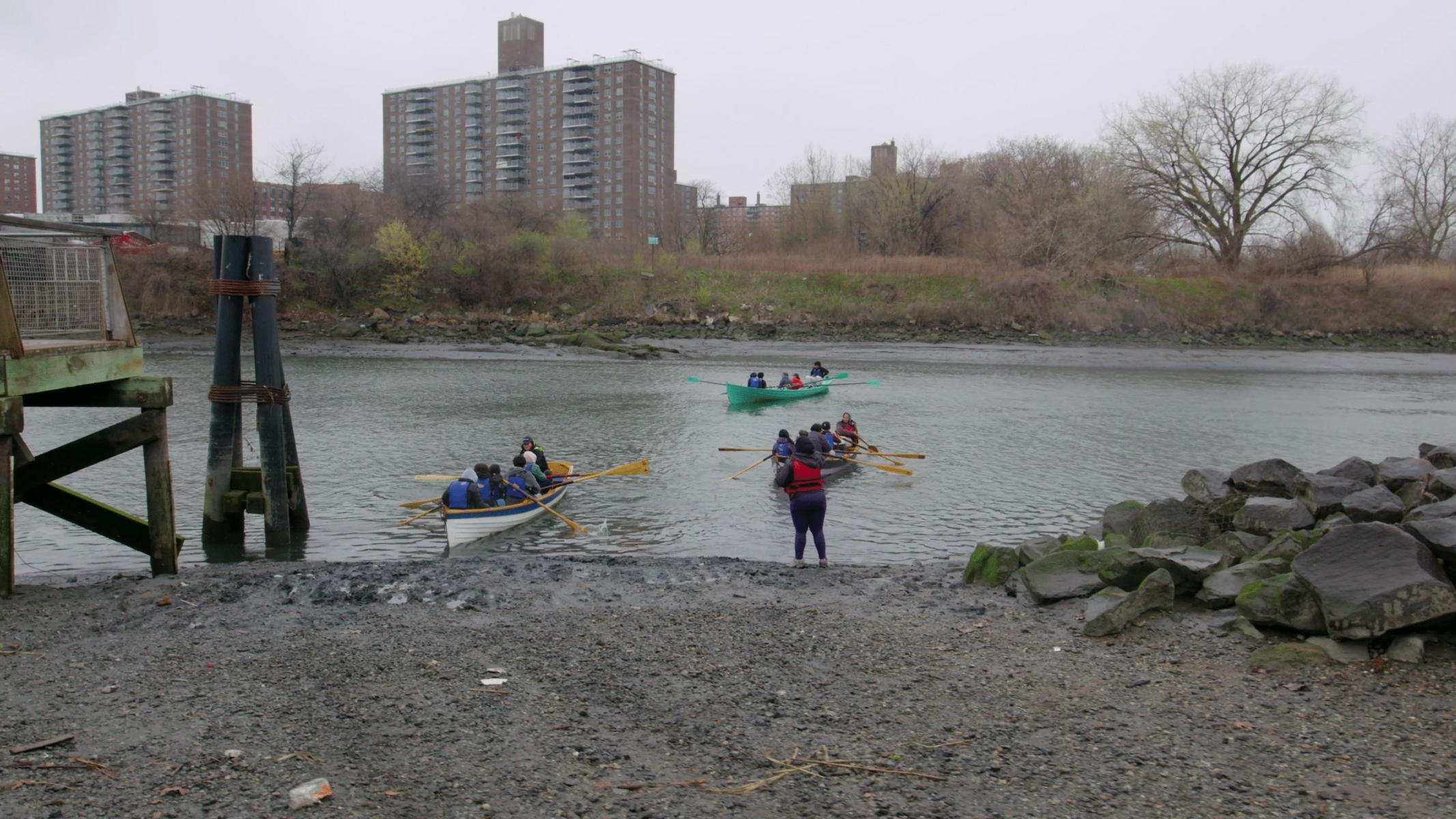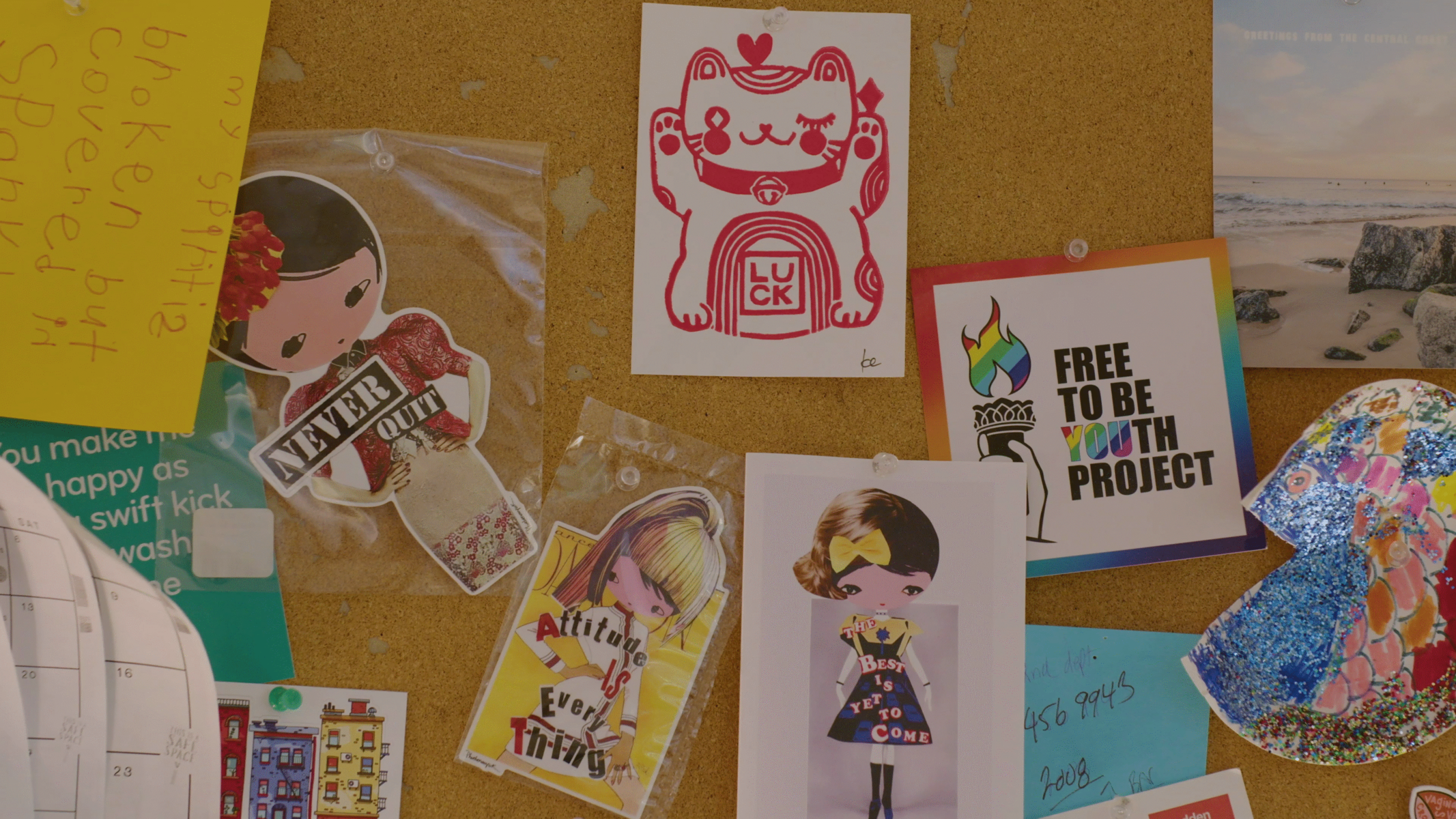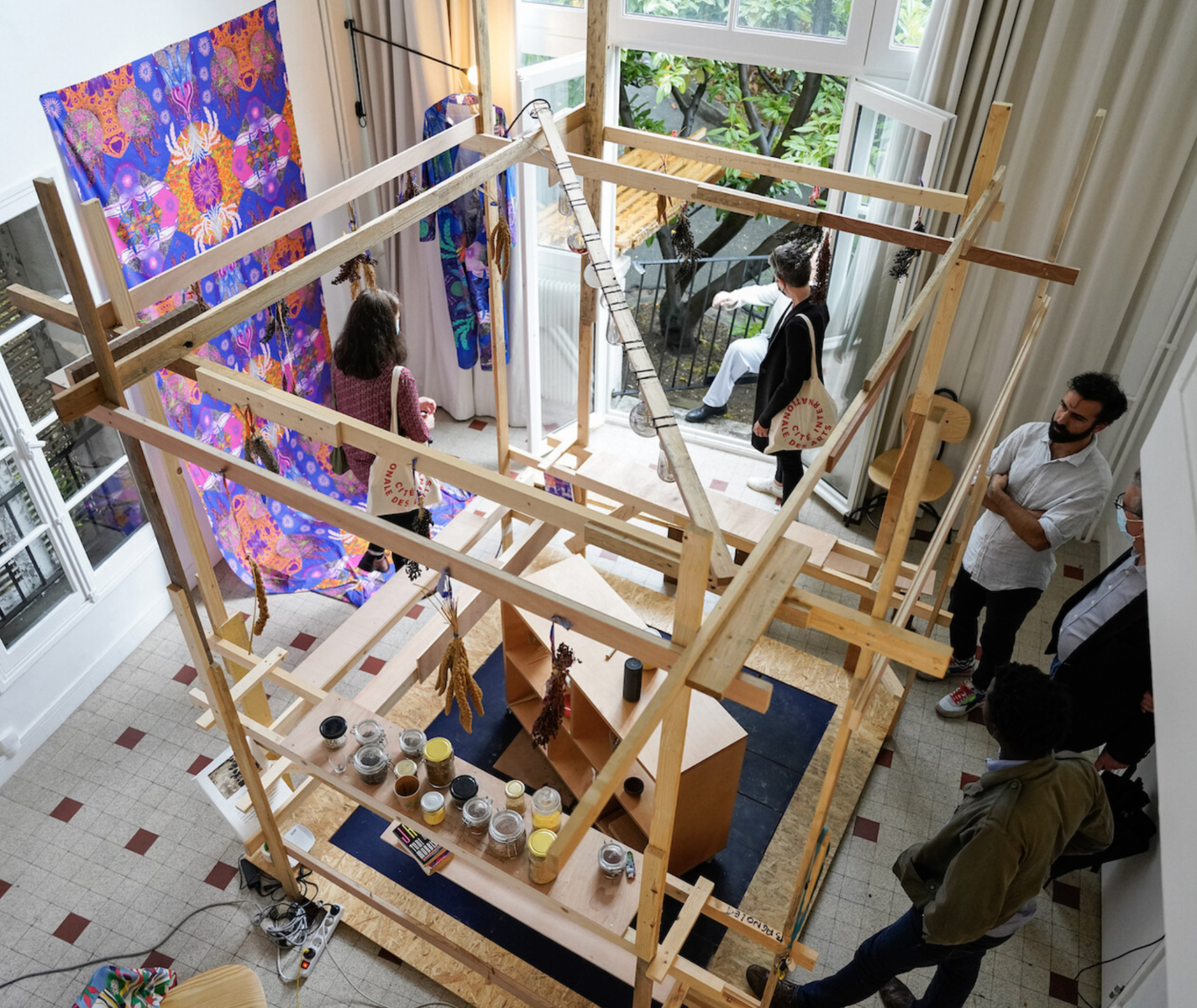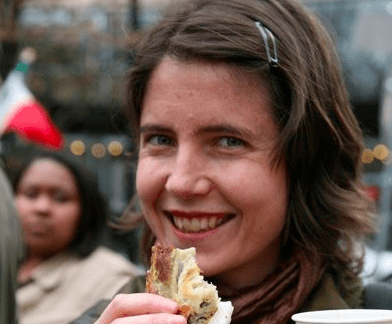When Brandon Morlock was released from prison in September of 2020, he wanted to create a business that would improve peoples’ lives. His crime had been a terrible accident four and a half years earlier, when he was just 21: He was in a car crash that killed his friend Ryan. Before the accident, Ryan had been trying to help Morlock build a collective space that was part private tutoring business and part carpentry/engineering incubator.
Behind bars, Morlock worked in various prison industries. At his first prison, there was a wood shop, a metal shop, an auto shop and a garment factory. At Two Rivers Correctional Institution in Umatilla, Oregon, he worked at a furniture factory run by Oregon Corrections Enterprises. “I actually acquired valuable skills there,” he says. He also did forestry work — cutting down trees, trapping invasive species and maintaining trails and campgrounds. By the time Morlock got out of prison four years ago — in the middle of the pandemic — his focus had shifted. Wanting to honor Ryan, he set about launching a maker space in Portland.
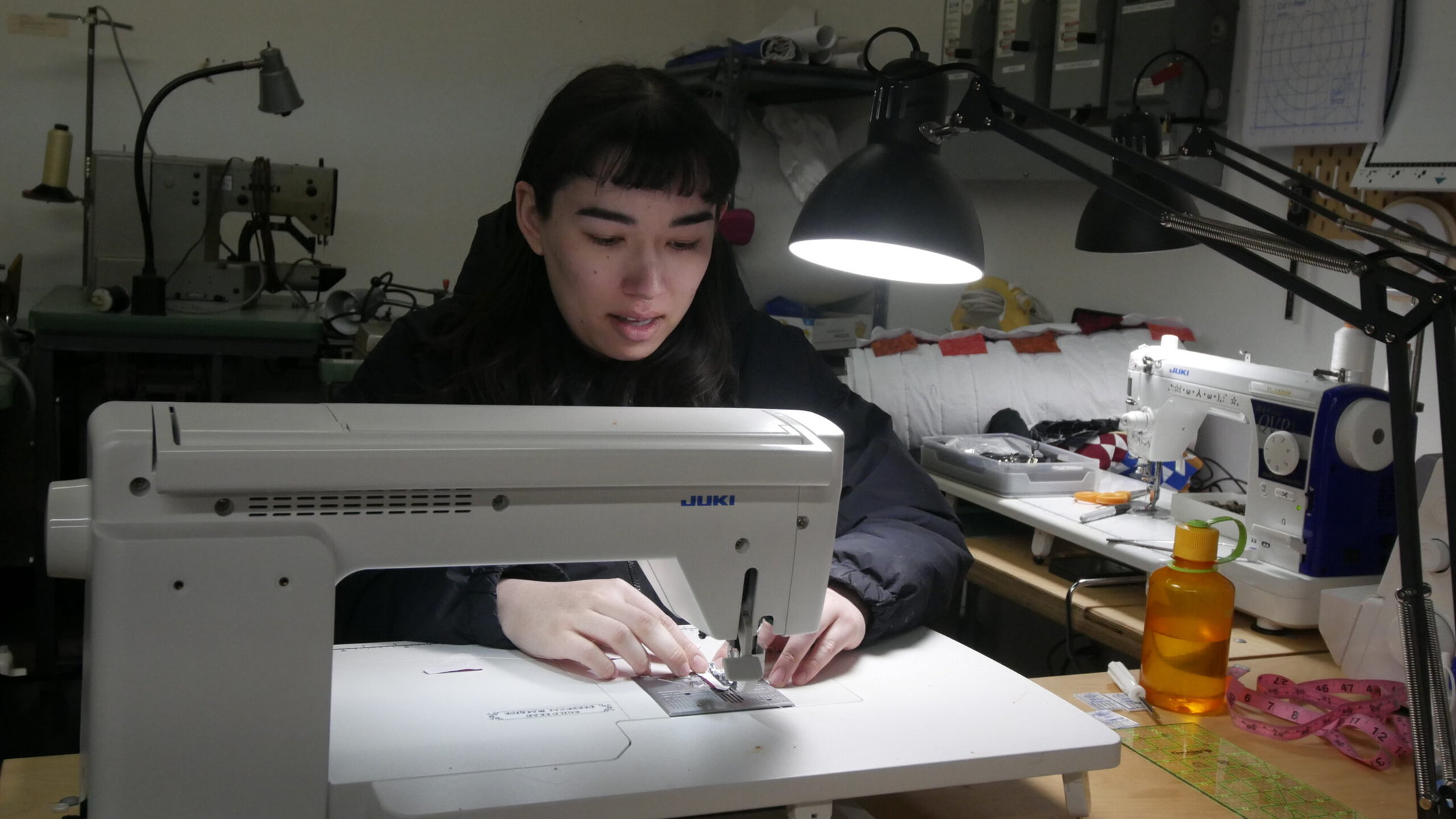
“Until I went to prison, I did not consider the formerly incarcerated as part of my vision,” says Morlock, who says he’s had a dream of building a collective space since he was a child. “It was after seeing the inside of the prison system and seeing the prison industries that I was inspired to make that a focal point of my business.” On his walk to work at the furniture factory, he’d see people doing metalworking, automotive, textiles and machining. “The sheer amount of talent that exists within prison industries!” he says, sounding awed. He wanted to see that talent properly rewarded.
Morlock began to deliver on that goal when he opened his collective space, called Past Lives, in 2020. An early supporter of the project was Glenn Dahl, cofounder of local company Dave’s Killer Bread, well-known for being a proud second-chance employer. (Glenn’s brother, Dave, served 15 years in prison.) “Glenn was very interested in our mission,” says Morlock. Dahl offered to guarantee Morlock’s lease, which made conversations with prospective landlords much easier.
Past Lives is now based in a 26,000-square-foot building in the Brooklyn neighborhood of southeast Portland. Members — there are currently 200 — pay $200 a month for unlimited use of the facilities, which include a wood shop, a metal shop (with blacksmithing, welding fabrication and metal casting), a ceramics studio, a sound studio, a textile studio, a stained glass studio and a dark room. (Members can also pay extra for a private studio.) Membership to Past Lives comes with access to all kinds of high-tech equipment including 3-D printers, a CNC (computer numerical control) lathe, leather-working equipment, a machine embroidery workshop and a jewelry-making area. Members also get a 10 percent discount on classes, which range from Blacksmithing 101 to Intro to Woodworking for Women, Femmes and Thems. About 10 percent of members are people who have been incarcerated.
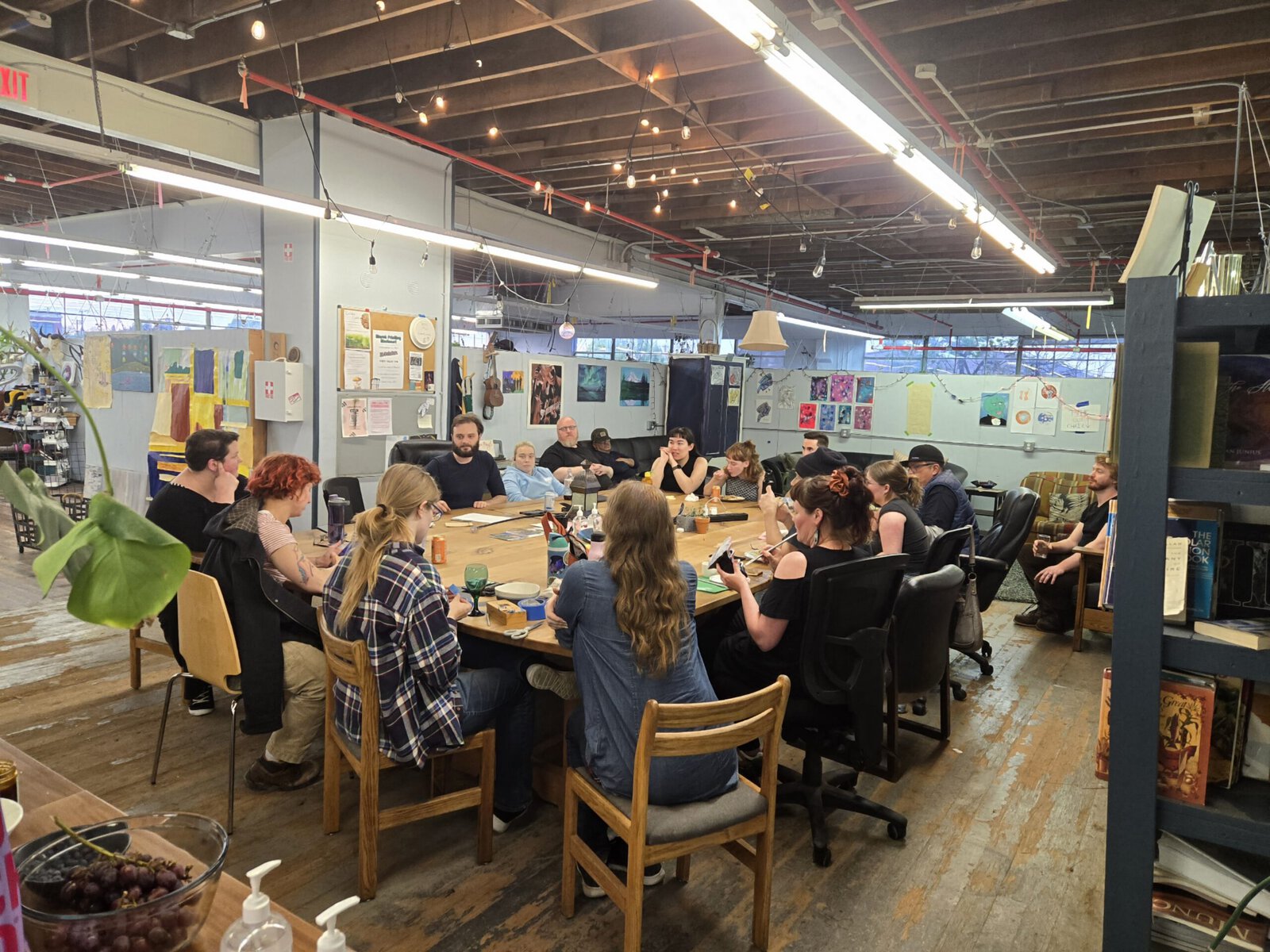
It’s well known that prison workforce programs help reduce recidivism. A meta-analysis released by the The Mackinac Center for Public Policy in 2023 found that an inmate’s participation in prison workforce or education programs led to a 14.8 percent decrease in the likelihood of recidivism. Though Past Lives doesn’t keep statistics on how many formerly incarcerated members have gone on to find full-time employment, Morlock says that his facilities manager, Nathan Mosley, just got his general contractor license and plans to launch his own firm. Former Past Lives member Casey Simmons is the founder of The Strong Neck, a company that makes a device that helps you strengthen your neck and jaw. “They’re selling really well,” notes Morlock.
Morlock, who is now 30, comes from a union family — his dad and brother are both members of the United Brotherhood of Carpenters, Local 196. Inspired partly by that and partly by video games he’s played (like Warcraft II and Elder Scrolls III: Morrowind), he eventually created 12 guilds at Past Lives. “It’s a collective of guilds,” Morlock says. “We have metalworkers, woodworkers, textile makers, tech people — any respected trade. The building is our Guild Hall.” Each guild determines what their own shop layout looks like, what their classes look like and what they do with their budget.
Weighed down by negative news?
Our smart, bright, weekly newsletter is the uplift you’ve been looking for.Walking through Past Lives on a recent weekday, the warehouse was a hive of activity, with people hunched over anvils in the metal shop and sawing pieces of wood in the wood shop. Impressive industrial machines like a red sandblast cabinet and a sewing machine for leather-working stood at the ready. Upstairs, in the community kitchen, people were preparing lunch and hanging out around a communal table. Morlock introduced me to his colleague, 38-year-old Phoebe Valenti, director of design/build at Past Lives Construction, the maker space’s design and construction firm.
Spend a few minutes with Valenti and you can tell she’s a passionate advocate for giving all marginalized people the opportunity to build skills and grow. “I’m someone who has had some of my own struggles,” she says. “Not with the carceral system but I’m a single mother of two and I had to flee domestic violence and so, I have a lot of simpatico with the experience of what it is to be othered by society.” Her hope is that Past Lives Construction will give people an opportunity to further their careers in the construction trade, which is booming right now.
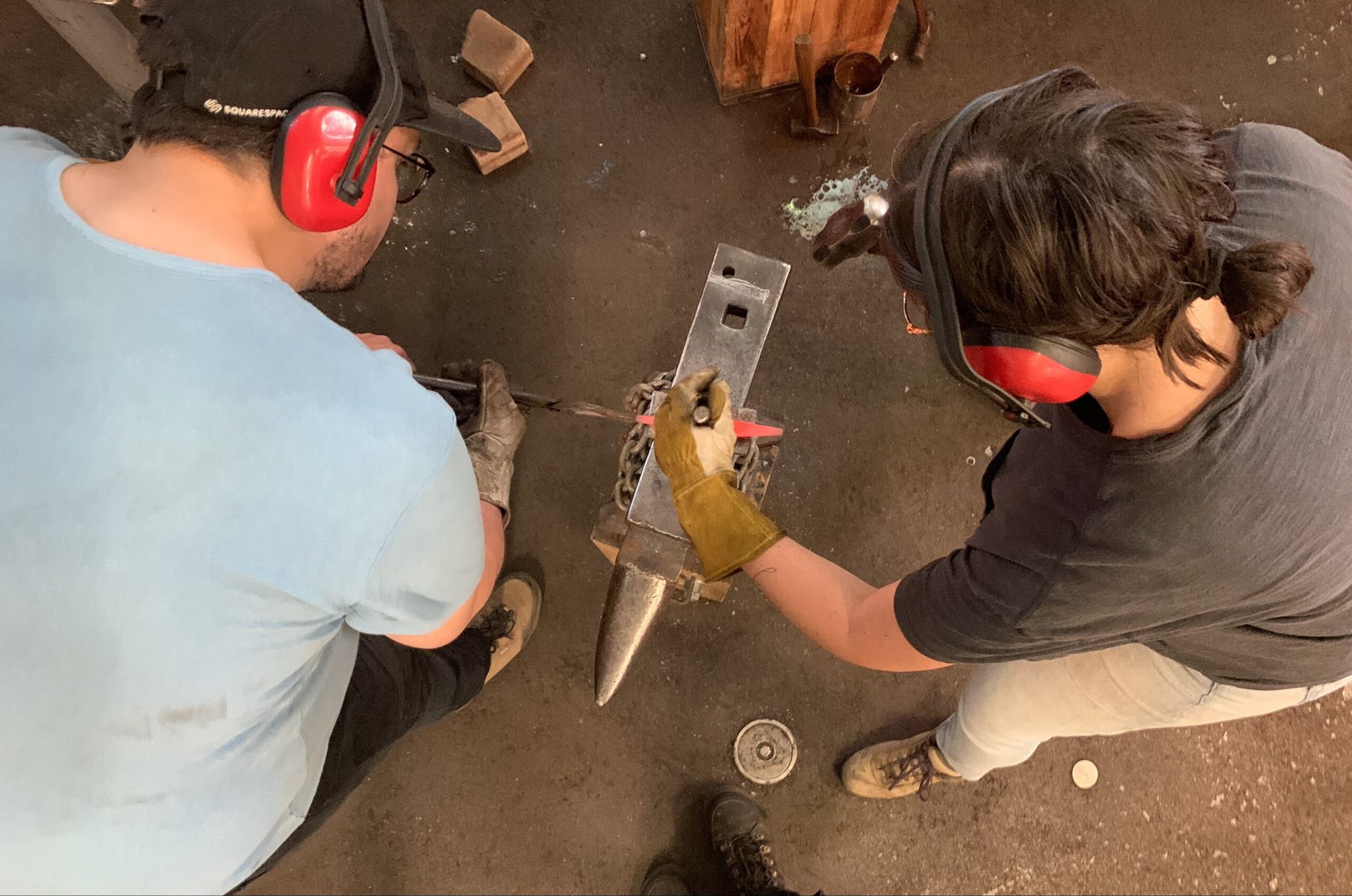
Currently, she has 15 people on her design/build team, but the number fluctuates day to day, depending on the projects. Over one-third of them are formerly incarcerated. She also works with fantastic sub-contractors, including a plumber and an electrician, who have each spent time in prison. “It’s really cool to understand on such a deep level how much people can not be defined by those things,” she says, referring to past crimes.
Right now, the Past Lives Construction team is managing upkeep and build-outs at the Circuit Bouldering gyms, replacing a house roof and even working on some large-scale artworks for a new apartment building in Northeast Portland. One of Valenti’s project managers, Noelle, is also an accomplished muralist; another team member, Jack, has made puppets and high-end theater sets. “The cool thing is that Past Lives brings together the art and construction side of things. So there’s this unique point of view,” Valenti says.
Case in point: Past Lives Construction just got the commission to make mushroom stools and giant insects for a Ren-fest-style event called Fantasy Fair. “So we’re sort of all over the map!” Valenti says. This kind of out-of-the-box creativity excites Valenti — and her team.
“That’s where I really see an opportunity: Let’s make our spaces reflect our community more. As opposed to just the same old cookie-cutter, mass-produced everything. How can we make this more bespoke?” she says.
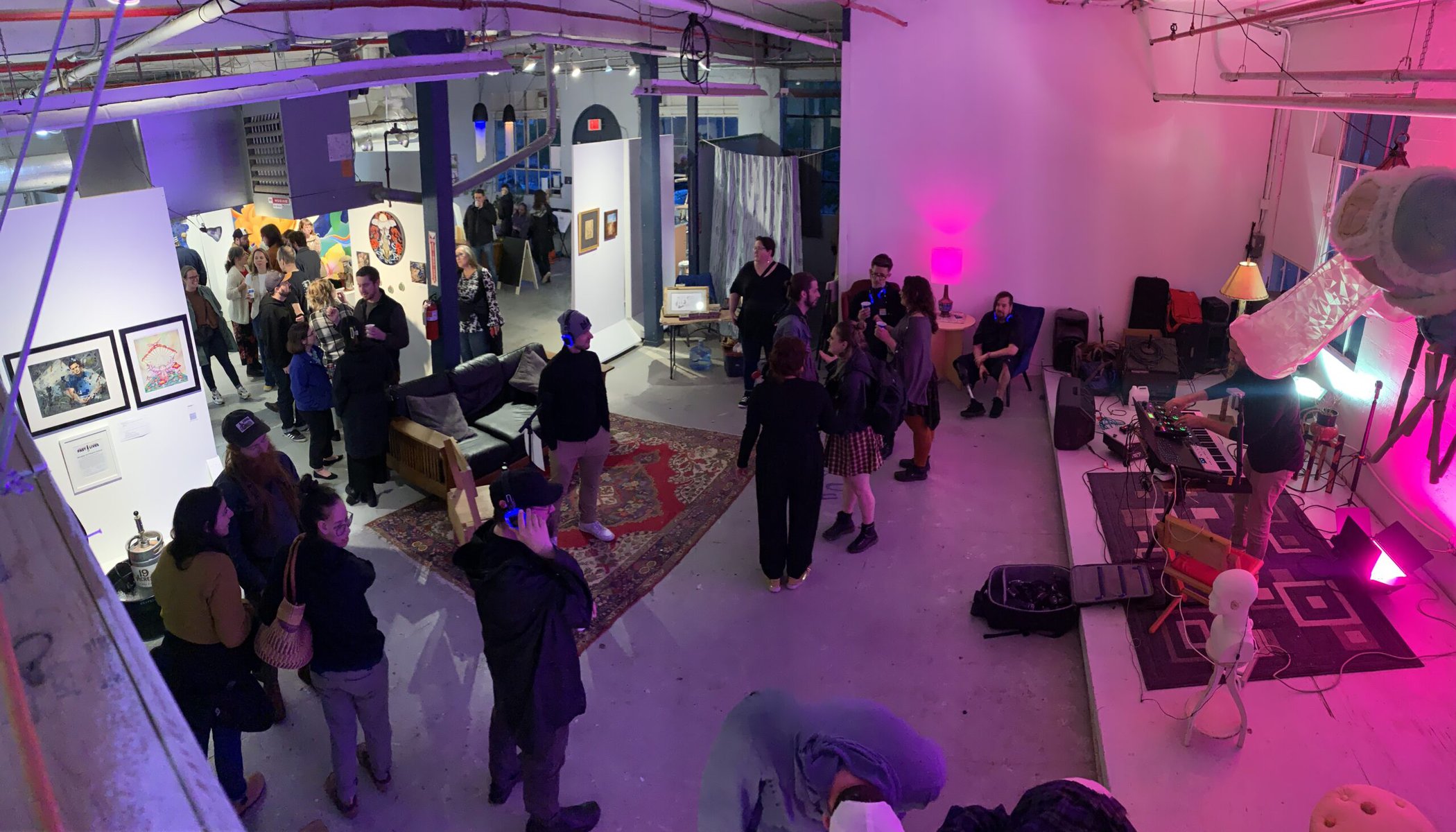
Morlock says this kind of synergy with fine artists of all stripes gives Past Lives Construction a competitive edge: “What general contracting firm have you ever heard of that has in-house stained glass fabrication?”
Brandon Lamb, 44, is a recent addition to the construction team and he couldn’t be happier. Not only does the work pay well — “it’s the best money I’ve made in quite a long time,” he says — the community at Past Lives has helped him in personal ways, too. “It’s working on relationships and things like that,” he says. “I come from a different background. So I’m learning about people and how they should be treated. Equality. I hadn’t had the chance to understand it because I’ve been in prison so long.” When I ask what he means by “different background,” he doesn’t hesitate to explain: “A background of drug addiction and crime. I’ve been in prison three times.”
In prison, Lamb also worked for Oregon Corrections Enterprises — in the call center, the garment factory and as a wildland firefighter. “It changed my life,” he says. “I learned work ethic, accountability. You have to be on time.” That’s where he met Mosley, now facilities director at Past Lives.
The two stayed in touch after Mosley’s release, and Lamb saw him as a beacon of hope. “You see somebody, and their example is showing success…” he pauses. “Nathan showed constant success with the steps he was making and he was working here.” When Lamb got out, he had heard so much about the community at Past Lives “and all the amazing artists it holds inside its walls.” He started hanging around the place — helping in any way he could. “It led to a full-time job with Design/Build at a great wage,” he says.
Now Lamb is very much a part of the community. “He’s a joy,” says Valenti. He also does maintenance on machinery in the wood shop as a work-trade, which gives him access to the equipment. He’s even picked up smaller jobs from other members. “There’s a camaraderie here,” Lamb says. “Everybody treats one another with respect.”





